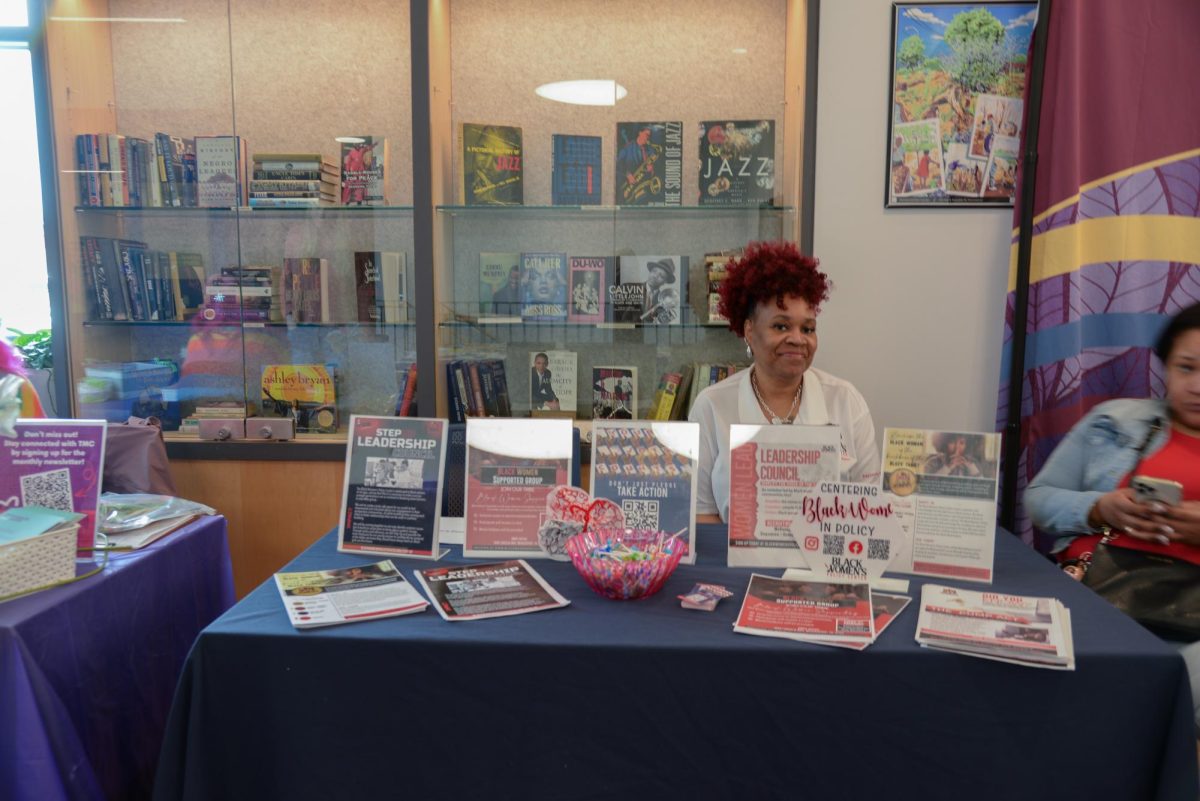EDITORIAL – No single news source is free of bias
November 1, 2005
A few weeks ago, Penn State’s student newspaper, the Daily Collegian, published a column, then… A few weeks ago, Penn State’s student newspaper, the Daily Collegian, published a column, then fired the columnist.
His incendiary topic of choice? Media bias. Though the columnist, Bryan Peach, was fired for suggesting students get their news from multiple sources, this very practice is central to becoming a truly well-educated individual.
People everywhere – not just students – need to be aware that all news has bias to it. Whether through the way a specific topic is covered or through the actual selection of events that make it into a newspaper’s pages or onto a news program’s broadcast, the actual message sent to an audience can be subtly manipulated.
This is simple fact, and it won’t be changing any time soon. So, a caveat to students: be sure to ingest a well-balanced news diet.
Don’t simply choose a favorite newspaper or newscaster and turn to them as the sole source of truth. Realize that no single organization is really capable of reporting the “whole” truth, but merely one perspective. Both reporters and readers have biases which are so deeply embedded that they likely aren’t even aware of them.
News can be slanted in a number of ways; the problem reaches far beyond a simple liberal-conservative gap. Those who feel comfortable identifying themselves as conservative would do well to occasionally read an archly liberal newspaper. Those who refuse to listen to a newscaster or pundit who identifies with the political right stand to benefit from tuning in every now and then.
People who have little contact with the world outside of western Pennsylvania or outside of the United States may not realize that USA Today or the New York Times covers the same events very differently from Great Britain’s Guardian or the Arab world’s Al Jazeera.
The truth about any issue lies not in a single one of these sources, but in the synthesis of several of them. It’s important to recognize that news is just another product to be sold, and various organizations will package the product differently. Multiple outlets – corporate national newspapers, independent news Web sites, cable news, various radio programs, the so-called blogosphere – offer a slightly different take on the news. Issues don’t just affect consumers of a certain flavor of news, though; they affect everyone, libertarian, socialist, Democrat and Republican.
There is no requirement that people must agree with the coverage they read or hear. Seeking news outside of one’s comfort zone often means subjecting oneself to uncomfortable or controversial ideas, and this is a good thing. It is only by thinking about the different takes on a single event that a truly realistic picture of the event emerges.
Yes, being an intelligent reader takes more effort than just accepting whatever a single media outlet is putting out. To be a truly educated citizen, though, this effort is absolutely necessary.


